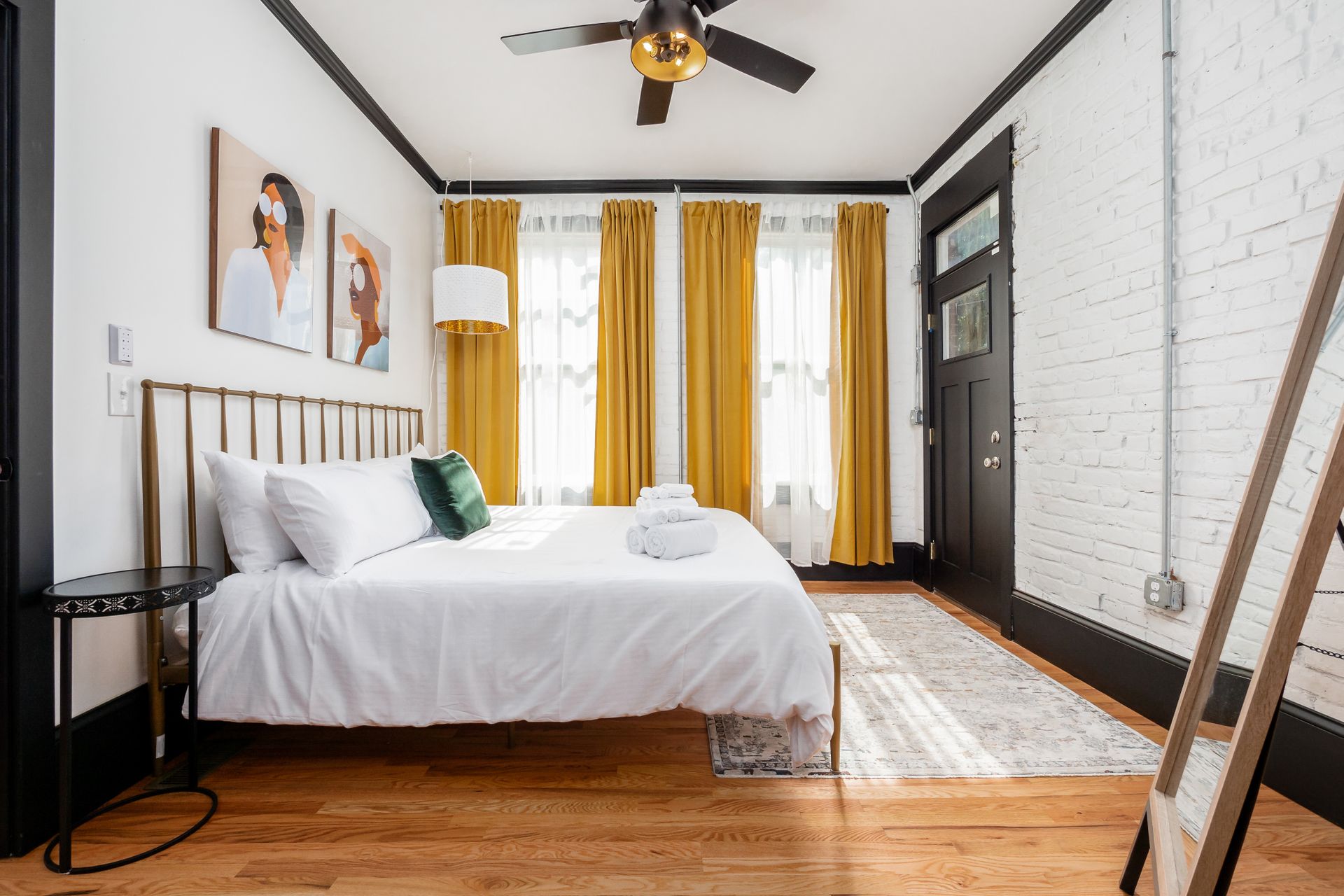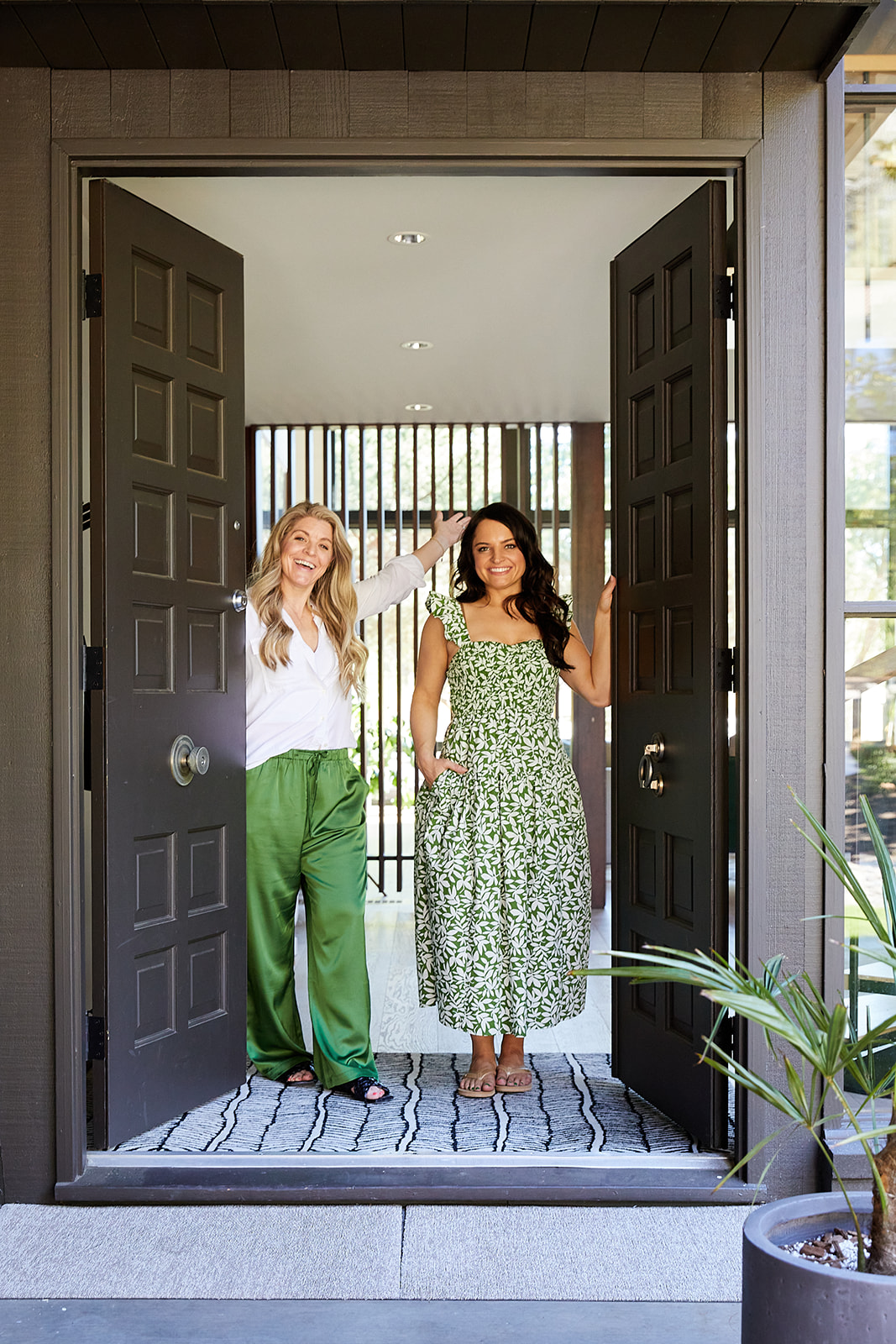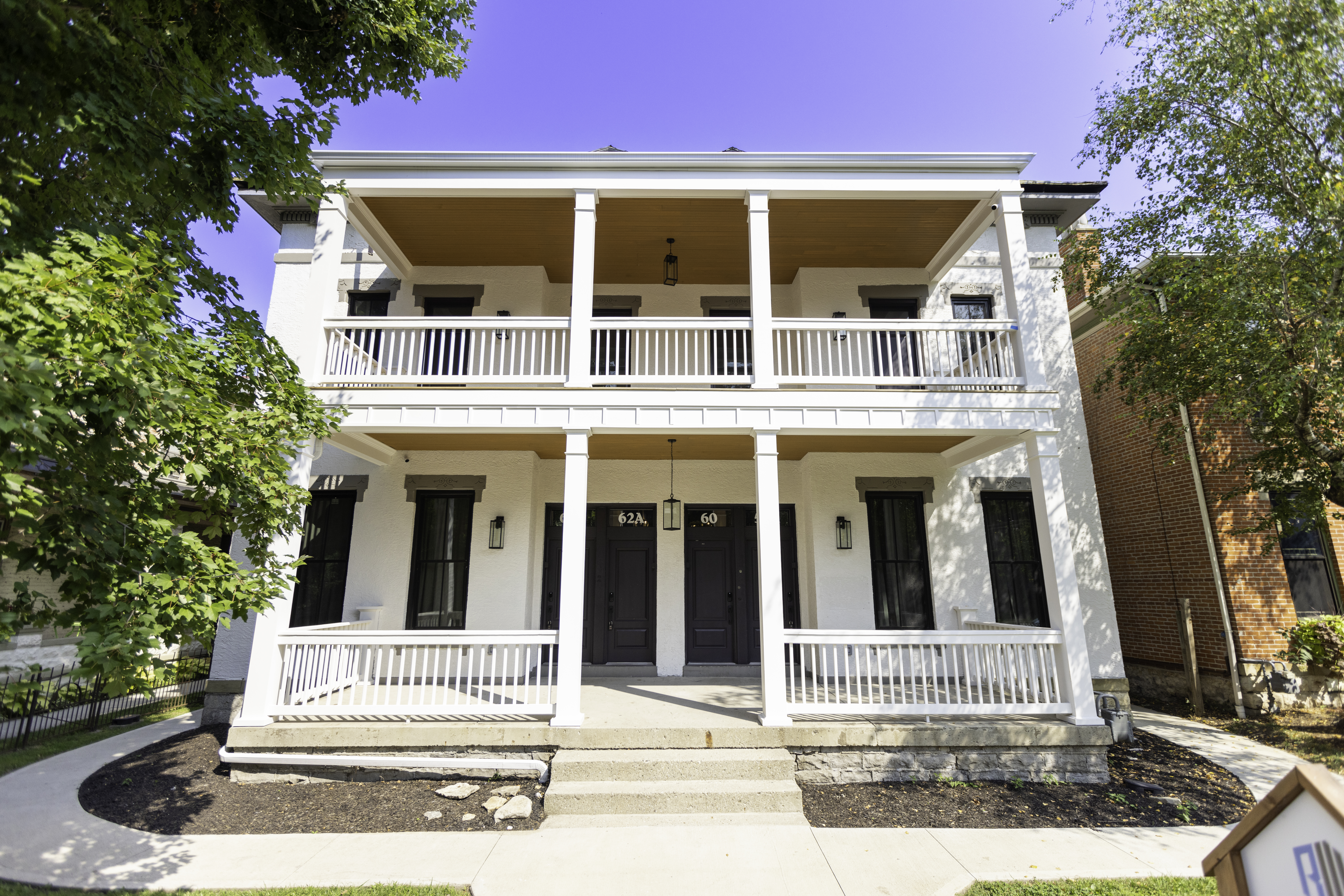
What are short term rental tariffs and how do they affect your profits?

Are you a seasoned investor in the furnished rental space? You’re probably constantly looking at ways to improve your bottom line. Potential tariffs in the U.S. on imported goods could significantly impact your expenses, including short term rental tariffs.
We’ve rounded up all of our Airbnb Hosting Must-Haves right here in our Amazon Store. Click here to grab everything you need to curate your property and start earning 5-star reviews.
What are Short Term Rental Tariffs?
- What are Short Term Rental Tariffs?
- Building, Renovation, and Maintenance Expenses
- Strategies for Navigating Price Changes
- Frequently Asked Questions
- What are substantial services in a short-term rental context?
- How do short-term rental tariffs affect my tax liability?
- Where can I find the latest press releases and news about short-term rental market trends?
- Are cleaning services considered a deductible business expense for short-term rentals?
- What is the difference between service fees and property taxes on short-term rentals?
- Conclusion
What are Short Term Rental Tariffs?
The U.S. government is considering new tariffs. These tariffs affect goods imported from Canada, Mexico, and China.
These potential tariffs are 25% on items like aluminum, wood, and steel from Canada and Mexico. They include a 10% tariff on furniture, linens, and electronics from China. This impacts costs, whether it’s your rental property or your common household items.
Impact on Consumables
Think about your most frequently purchased items. This often includes toilet paper and paper towels, which are also some of your guests’ most used supplies.
A large portion of these paper products, reportedly around 60% of U.S. toilet paper and paper towels, comes from Canada. An increase of 25% on such short term imports could drastically shift the cost base of a rental business. You should probably start reviewing current expenses to account for potential hikes.
Consider asking guests to be mindful of their usage, not to sacrifice hospitality. Evaluating the effects of a 25% rise on current expenditure might be needed. Pre-planning will greatly benefit us hosts.
Morning Beverages and Their Packaging
Coffee, a staple in most rentals, mainly comes from South America. But the packaging and associated products often involve countries impacted by proposed tariffs.
Working with local coffee roasters might bypass these costs. It will help improve the visitor’s stay. One of our “brand standards” is a lux coffee bar in each of our rentals. Check-out our Coffee Bar Setup Guide right here.
Textiles: Bedding and Towels
China and India supply over 40% of textiles, like bedding and towels. A 10% tariff on Chinese imports is important for owners and investors.
Explore U.S.-made alternatives to offset rising expenses. Staying aware of costs so we can adapt is helpful. Many domestic hotel suppliers offer bulk purchasing options.
Our favorite bedding and towels comes from Standard Textiles – purchased through our partner, HostGPO. If you’re an Airbnb host, HostGPO is an absolute game changer for supplies. Check out all of our favorite tools right here.
Personal Care Products
Switching to bulk, refillable receptacles for shampoos and conditioners is smart, for everyone. This reduces environmental damage.
Finding U.S.-made versions of these could further insulate expenses. You’d want to maintain pricing for customers, so make sure you’re ahead on those costs, and that any changes are aligned with your business needs.
Our hosting secret weapon? The Forgot Something Basket. This little amenity is packed with personal care items often forgotten by guests – q-tips, lotion, hairspray, etc.! These baskets are mentioned in 100s of our 5-star reviews directly by guests. Grab our FREE Forgot Something Basket guide to get your started now.
Building, Renovation, and Maintenance Expenses
Tariffs can increase material expenses on the building materials themselves. Looking for used options in buildings becomes an option, while you must make sure they’re of top quality, too.
Budgeting for projects should involve potential price increases in the market. Experts typically advise a 15-20% buffer on costs for supplies for the construction tasks, when in question. Always build in some sort of protection like this.
Furniture and Decor Strategies
Much of our furniture and decor is manufactured overseas, especially in China. It will certainly get more expensive.
Consider acquiring quality second-hand options to avoid tariff problems. These items may have higher-end elements from retailers we cannot source any other way. It will offer some extra value as well.
Appliances and Electronics
The majority of appliances and electronic devices originate from China and Mexico. If tariffs take effect, then prices will certainly change.
Acting quickly to replace aging appliances now, might be a smart choice. Don’t wait for total system failures. Consider investigating special offers.
Broken devices lead to an unfavorable time for all involved, including guests. Quick action might just let you take better care of your business as prices fluctuate in short-term rentals.
Strategies for Navigating Price Changes
With price increases, these steps below can keep us profitable:
You need to review amenity utilization to identify cost-saving opportunities. Regularly purchasing bulk quantities on goods can make it more efficient. Thinking about buying things for longer duration use also has less back-and-forth in having to make multiple trips to a store.
Sourcing options with domestic makers may also mitigate tariff consequences. Curation creates exclusive experiences for everyone. Unique offerings will provide a special element to your investment.

Re-evaluating Pricing and Fees
We’ve heard it – costs keep going up. Evaluating the value delivered by your property must reflect what is given on your pricing. A lot goes into the investment; make sure it’s worth your bottom line.
We can help diversify suppliers. Stay tuned into suppliers and their different origins.
| Expense Category | Potential Impact | Mitigation Strategies |
|---|---|---|
| Paper Products | Up to 25% increase | Stock up, consider bulk buying, monitor usage |
| Coffee & Packaging | Indirect increase due to packaging tariffs | Partner with local roasters |
| Textiles | Up to 10% increase | Look for USA-made, buy in bulk from hotel suppliers |
| Personal Care | Price increases expected | Buy in bulk, refillable containers, seek U.S. made |
| Building/Renovation Materials | Up to 25% increase | Explore reclaimed/domestic options, buffer budget by 15-20% |
| Furniture & Decor | Price increases due to Chinese imports | Source higher end consigned products/furniture and use U.S. makers. |
| Appliances & Electronics | Price increases due to China & Mexico | Buy appliances ahead of their failure and look for sales or rebates. |
Evaluate Pricing
Things continue to change. Costs often do, as well. Consider and be sure that the experience you have matches all pricing across platforms and within market parameters.
Take a look at the entire marketplace of short-term rental rates. Guests still travel and need a place to stay – keep your prices right in-line for customers. Pricing strategies that can sustain businesses long term will be very key, going forward.
Several factors influence these rates, including location, seasonality, and property features. Analyzing your occupancy rates, particularly if you experience high occupancy, can provide valuable insights. If you’re consistently booked, you might be able to adjust your pricing to reflect the demand, thereby offsetting some of the increased costs due to tariffs.
Diversifying Supplier Resources
Regular assessments of sources offers flexibility. Switching vendors is also an option that might provide you with added help.
Consider multiple vendor backups, because we want all your needs met. Learning from all vendors on ways to obtain needs may prove critical to be an efficient supplier of term rental properties. A property management company may help to manage some of the maintenance costs.
Frequently Asked Questions
What are substantial services in a short-term rental context?
Substantial services are those that significantly enhance the guest’s experience beyond basic lodging. Examples of substantial services include concierge services, guided tours, and daily meals.
How do short-term rental tariffs affect my tax liability?
Tariffs can increase the cost of goods used in your rental business. The business expenses might grow. You need to account for all costs for your recordkeeping.
Where can I find the latest press releases and news about short-term rental market trends?
Reliable sources for news and market analysis of market trends include industry-specific websites. Publications, such as those provided by Airdna, offer valuable information for tracking developments.
You can check different websites such as, BiggerPockets, and Investopedia. News on real estate will often include information on this topic.
Are cleaning services considered a deductible business expense for short-term rentals?
Yes, cleaning services are generally considered a deductible business expense, if they’re related to preparing a rental property between guests. Cleaning supplies are a rental activity cost, as well.
What is the difference between service fees and property taxes on short-term rentals?
Service fees are charged by online platforms. Property taxes are levied by local governments based on the assessed value of your property. Both affect your financial goals.
Airbnb Tariffs – Key Takeaways
It all comes down to planning ahead, being flexible, and reevaluating regularly. There is a conversation happening on impending changes. The team want all members involved as this develops.
This requires reviewing supply costs, evaluating the market, and more. The key lies in knowing the effects to operations. Short term rental tariffs could add another expense layer we must think about to properly pay taxes.
Calling All Hosts: The Hosting Handbook
If you loved this post we invite you to check out our one-stop-shop solution for hosts everywhere —the Hosting Handbook! While you can download all the easy to consume, step-by-step tips we use in our own hosting business and create the ultimate “book” the Hosting Handbook is so much more than that! If you’ve consumed or content for years (or just met us!) this is the reference guide for all the amazing and tactical tips we have for running a profitable and, more importantly hospitable, short-term rental. How do we price for pets? How do we fold our towels? What sheets do we buy? How do I purchase a short-term rental? All these questions (and more!) can be answered in the Hosting Handbook! Check it out now!
Happy Hosting!



show comments
HIDE comments